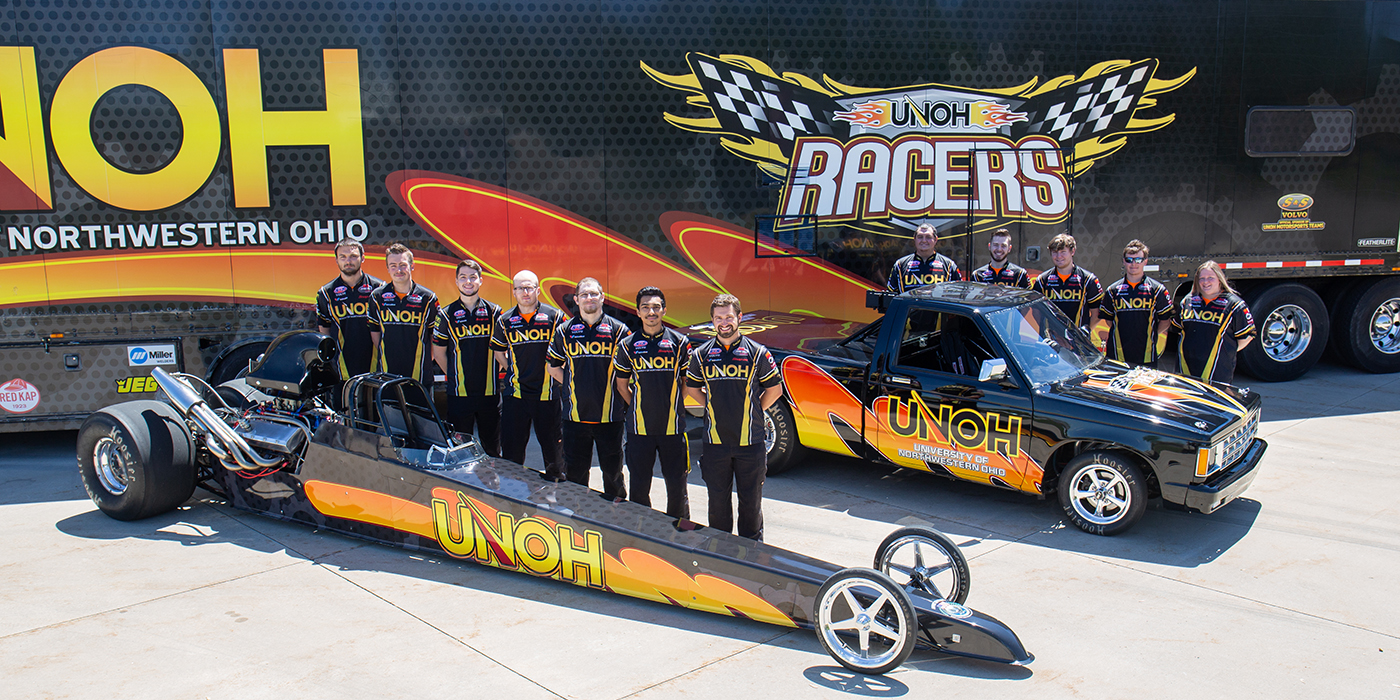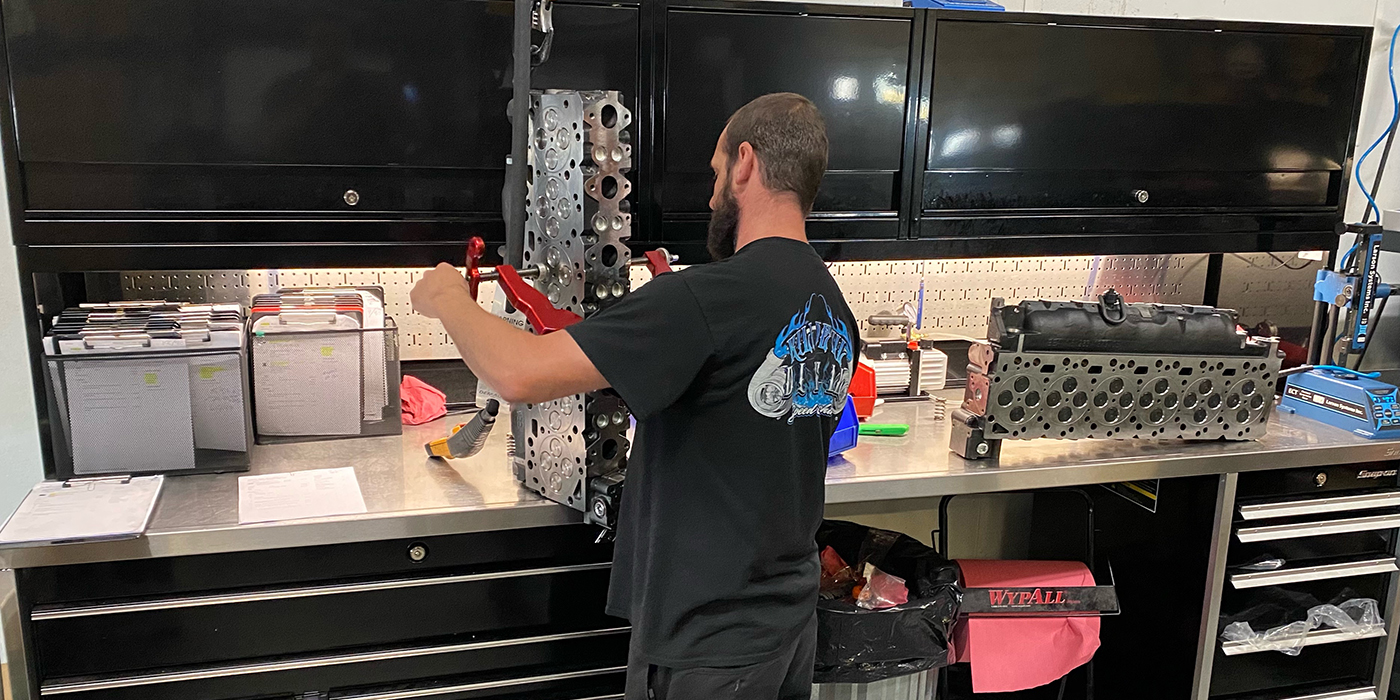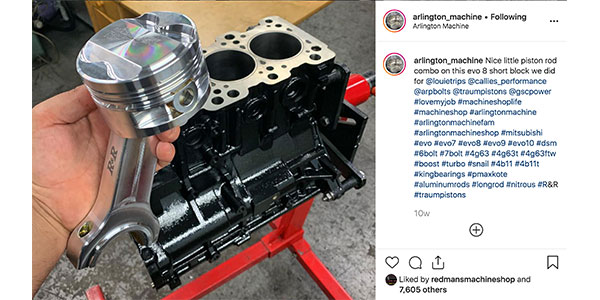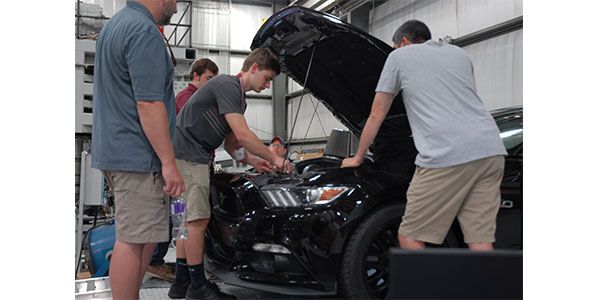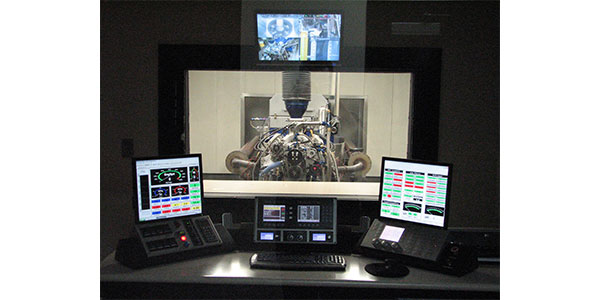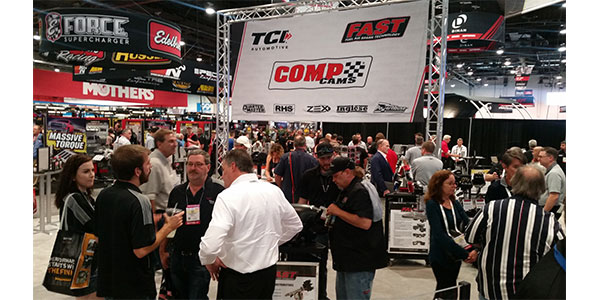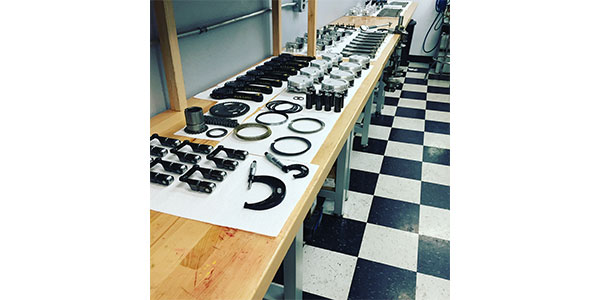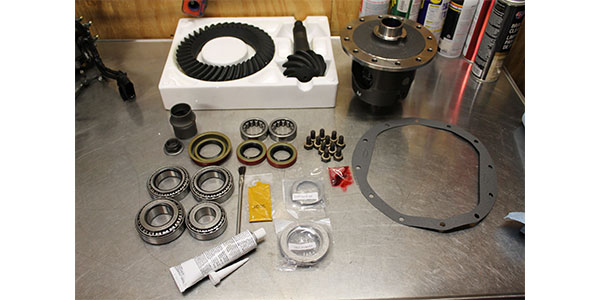When properly written, non-solicitation agreements state if an employee leaves your company they will have every right to compete, but they are disallowed from soliciting any of your customers or any of your employees.
Engine builder business owners work hard, often for many years, to develop a customer base. The last thing they want to see is an ex-employee who’s working for someone else (or self-employed), targeting their customers.
These ex-employees often know many of the customers intimately well, or when they leave, they’ll make a point to take all the customer contact data with them.
So what many engine shop owners will do is have their employees sign non-compete agreements. Unfortunately, at least in many states in the U.S., non-compete agreements are relatively worthless. The legal argument is that they take away an individual’s livelihood by depriving them of the ability to earn an income.
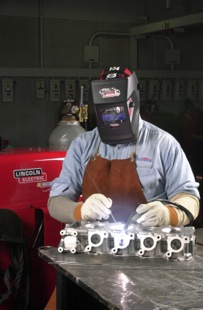
The solution? Non-solicitation agreements. Simply put, when properly written, these are agreements that state if an employee leaves your company they will have every right to compete, but they are disallowed from soliciting any of your customers or any of your employees.
So do this … If you don’t already have such safeguards in place, speak with your attorney about non-solicitation agreements today.
As an added precaution, you should ensure that access to your customer database is both limited and provided on a “need-to-know” basis. Your employees should also be required to sign an agreement that clearly states all customer information is proprietary and any copying, transcribing, taking it off premises, etc. is a violation of company policy.
The bottom line is that if someone leaves your company, make sure they know what’s off limits, and make sure the proper safeguards are in place. If you take these steps, there’s no guarantee that they won’t come after your customers or employees, but if they do, you’ll be absolutely thrilled that you took the time to put non-solicitation agreements in place.
For additional help building a more successful auto repair business, learn more about how Elite can help with profitable engine repair shop management. Visit:http://www.eliteworldwidestore.com



